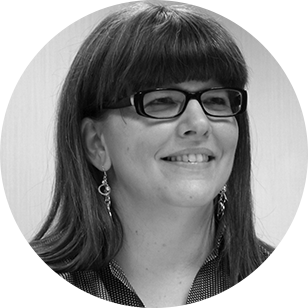What do mass shootings and police killings have in common? America's sick gun culture.
The shooting spree in Lafayette, Louisiana, and the death of Sam Dubose are products of the same destructive force: guns
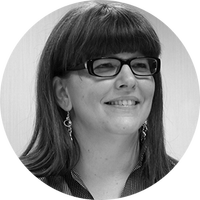
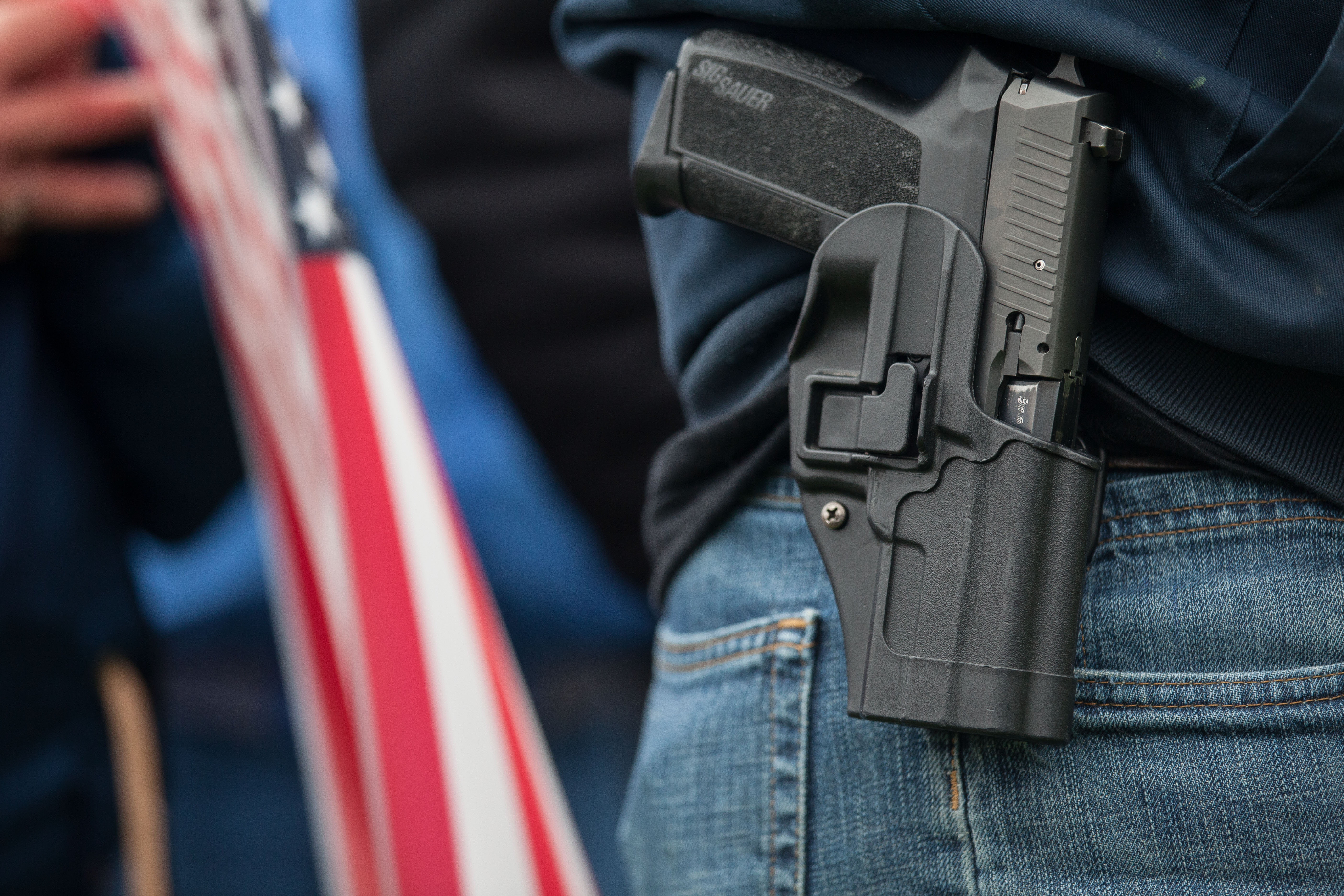
A free daily email with the biggest news stories of the day – and the best features from TheWeek.com
You are now subscribed
Your newsletter sign-up was successful
Here we are, in the dog days of summer, grappling with yet another mass shooting, this time in Lafayette, Louisiana, where John Houser killed two women and himself in a movie theater on July 24th. And though I say we're "grappling," we're not, really. There was a day or two of horror, followed by a day or two of seeking happier thoughts, and now, mostly, we're on to other things.
It would be different if one of the things we'd moved on to was the fact that, over the subsequent three days (July 25-July 27), three men were shot and killed by police in the very same state — but I feel safe in saying that we, as a nation, have not even noticed that story, much less "moved on" to it. (The police have claimed self-defense in each case; at this point, a year since Michael Brown's death in Ferguson, Missouri, I have a hard time extending the benefit of the doubt to American police departments.)
At first blush, it would seem the common denominator in these incidents is Louisiana. Louisiana! What's wrong with you, Louisiana?! I can all but hear my fellow Northern liberals loudly suggesting that Louisiana should be set adrift from the Union. Or, at the very least: Boycott!
The Week
Escape your echo chamber. Get the facts behind the news, plus analysis from multiple perspectives.

Sign up for The Week's Free Newsletters
From our morning news briefing to a weekly Good News Newsletter, get the best of The Week delivered directly to your inbox.
From our morning news briefing to a weekly Good News Newsletter, get the best of The Week delivered directly to your inbox.
But Louisiana is not the common denominator. Guns are. Guns, and the American culture that fetishizes them. Guns, and a deeply disturbing national acquiescence to the daily torrent of blood that they spill.
We're (finally) talking more than ever before about the sheer number of Americans (armed; unarmed; running away; running toward; not running at all) shot dead by police, at rates exponentially higher than any other industrialized nation on Earth. On Wednesday, we heard the grand jury findings in the case of Sam Dubose, shot and killed during a traffic stop in Cincinnati. "I'm treating him like a murderer," the prosecutor said of police officer Ray Tensing.
I would submit, however, that we must also talk — a lot more — about the fact that American police officers are also far more likely to be shot dead than their counterparts, anywhere else on Earth. As Jay Livingston reported in Pacific Standard: "We have 11 times as many cops [as the U.K.], but 130 times as many killed by guns." Indeed, just one day before the Lafayette killings, an officer was shot and killed in San Francisco — during a traffic stop.
The raw numbers are not by any measure comparable, but the outsized risk on both sides of the blue line is appallingly telling.
A free daily email with the biggest news stories of the day – and the best features from TheWeek.com
We've long known that racism — institutional, systematic, personal — lies at the heart of much police violence. By any metric, black and brown Americans are far more likely to die at police hands than their white peers.
But if Darren Wilson, the officer who killed Michael Brown, had not been raised (personally and professionally) in a gun-revering culture, Brown might very well be spending the dog days of summer preparing for his sophomore year of college. Possibly (who knows?) pursuing a degree that would put him at the heart of the efforts to break down our institutional, systematic, and personal racism.
If we want to see police killings drop, no matter the victim, if we want to see an end to mass shootings (and Australia has proven that it's possible to actually end them), we have no choice but to dismantle not only the laws but also the norms that make the protection of gun ownership a greater priority than the protection of human lives.
A society that continues to flatly refuse to do so will continue to mourn tens of thousands of preventable deaths, every year. We will continue to carry the weight of tens of thousands of shattered families. We will continue to perpetuate an atmosphere in which police are trained to fear the people they're meant to serve, and civilians know that fear is the best defense they have against the people they pay for protection.
In 1959, sociologist C. Wright Mills introduced the notion of a "sociological imagination" — or, "the understanding that social outcomes are based on what we do… a quality of mind that understands the interplay of the individual and society."
We cannot isolate any individual shooter (police or civilian) from the culture in which he or she lives (though surely we must also grapple with the fact that shooters are almost always "he"). We are products of every moment of our lives; if those moments have been permeated by an unshakeable, culture-wide attachment to a device violent in both form and purpose — alongside the ready availability of that device — the outcome can only be more death. That is the way that human society works.
Perhaps Louisiana war hero U.S. Army Gen. (ret.) Russel Honore said it best:
As a country we're in a state of denial because we've confused the right to bear arms with the right to carry arms all the time…. We have to have a different kind of conversation in America and be prepared to speak about the politically unspeakable. [USA Today]
Civilian gun deaths are a uniquely American ill, and we cannot hope to confront them without a fully sociological imagination. Police officers who kill unarmed civilians and civilians who open fire in movie theaters are not strangers.
They are our neighbors. They are us.
Emily L. Hauser is a long-time commentary writer. Her work has appeared in a variety of outlets, including The Daily Beast, Haaretz, The Forward, Chicago Tribune, and The Dallas Morning News, where she has looked at a wide range of topics, from helmet laws to forgetfulness to the Israeli-Palestinian conflict.
-
 Film reviews: ‘Send Help’ and ‘Private Life’
Film reviews: ‘Send Help’ and ‘Private Life’Feature An office doormat is stranded alone with her awful boss and a frazzled therapist turns amateur murder investigator
-
 Movies to watch in February
Movies to watch in Februarythe week recommends Time travelers, multiverse hoppers and an Iraqi parable highlight this month’s offerings during the depths of winter
-
 ICE’s facial scanning is the tip of the surveillance iceberg
ICE’s facial scanning is the tip of the surveillance icebergIN THE SPOTLIGHT Federal troops are increasingly turning to high-tech tracking tools that push the boundaries of personal privacy
-
 A peek inside Europe’s luxury new sleeper bus
A peek inside Europe’s luxury new sleeper busThe Week Recommends Overnight service with stops across Switzerland and the Netherlands promises a comfortable no-fly adventure
-
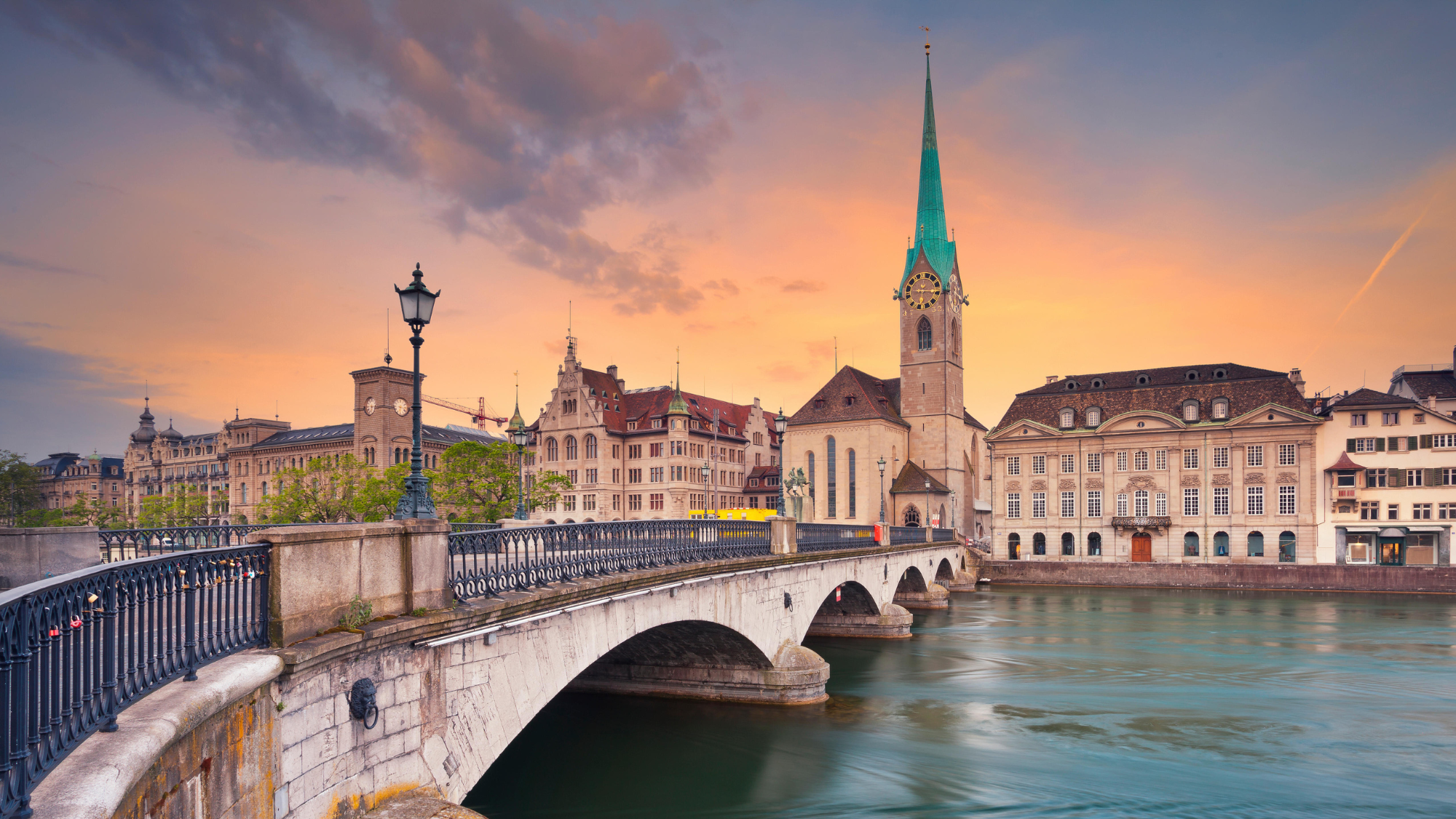 A long weekend in Zürich
A long weekend in ZürichThe Week Recommends The vibrant Swiss city is far more than just a banking hub
-
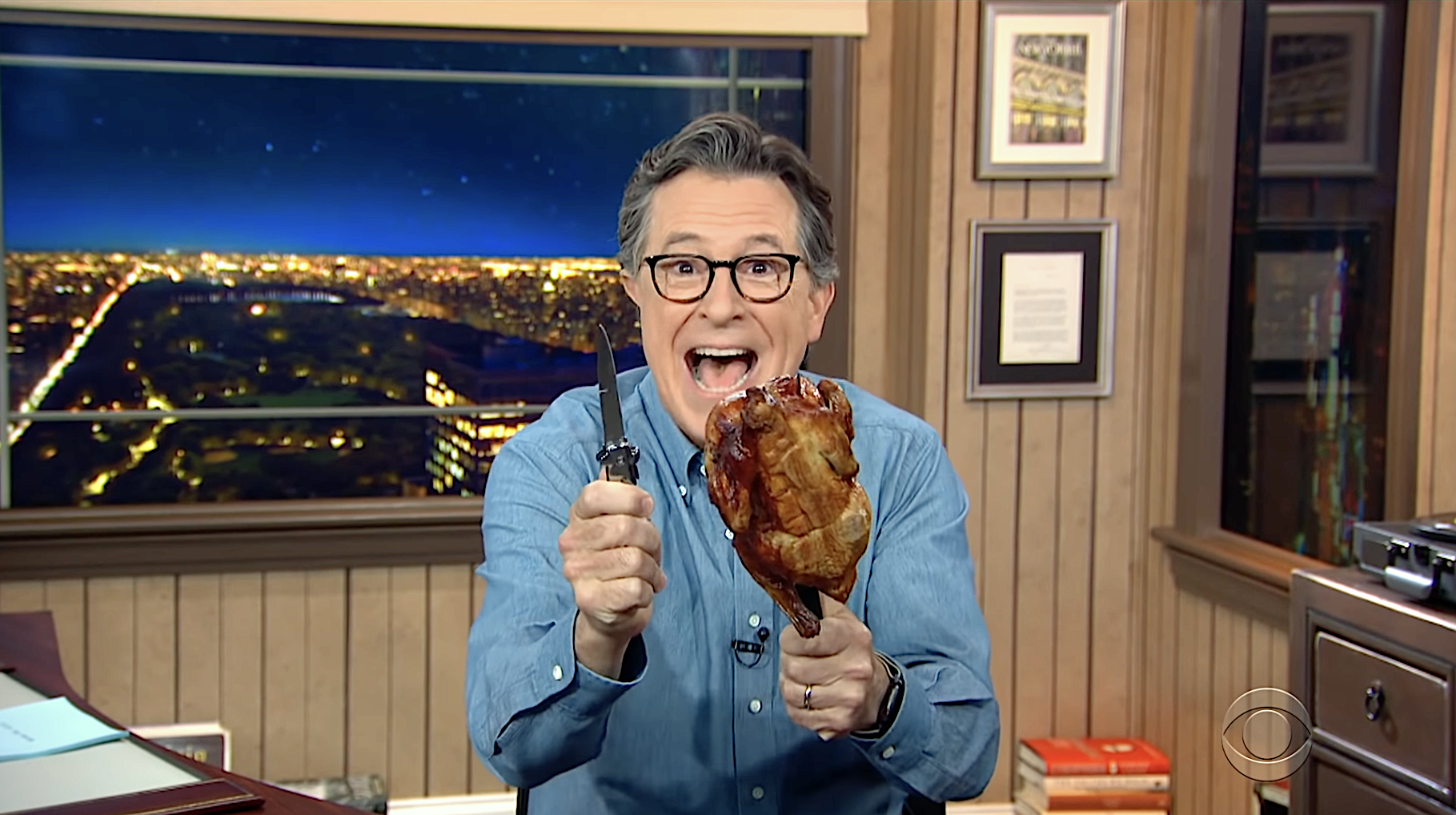 Late night hosts lightly try to square the GOP's Liz Cheney purge with its avowed hatred of 'cancel culture'
Late night hosts lightly try to square the GOP's Liz Cheney purge with its avowed hatred of 'cancel culture'Speed Read
-
 Late night hosts survey the creative ways America is encouraging COVID-19 vaccinations, cure 'Foxitis'
Late night hosts survey the creative ways America is encouraging COVID-19 vaccinations, cure 'Foxitis'Speed Read
-
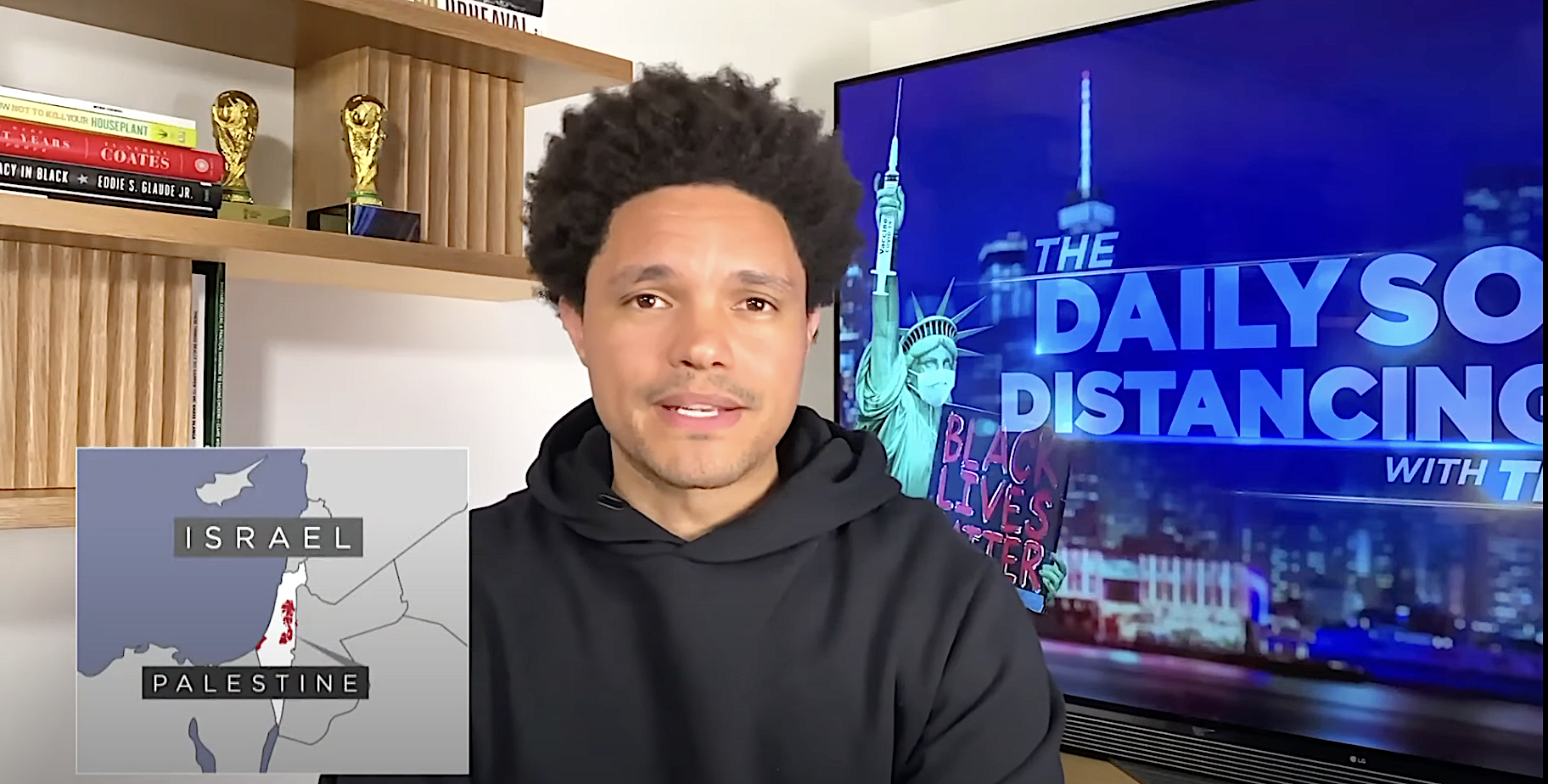 The Daily Show's Trevor Noah carefully steps through the Israel-Palestine minefield to an 'honest question'
The Daily Show's Trevor Noah carefully steps through the Israel-Palestine minefield to an 'honest question'Speed Read
-
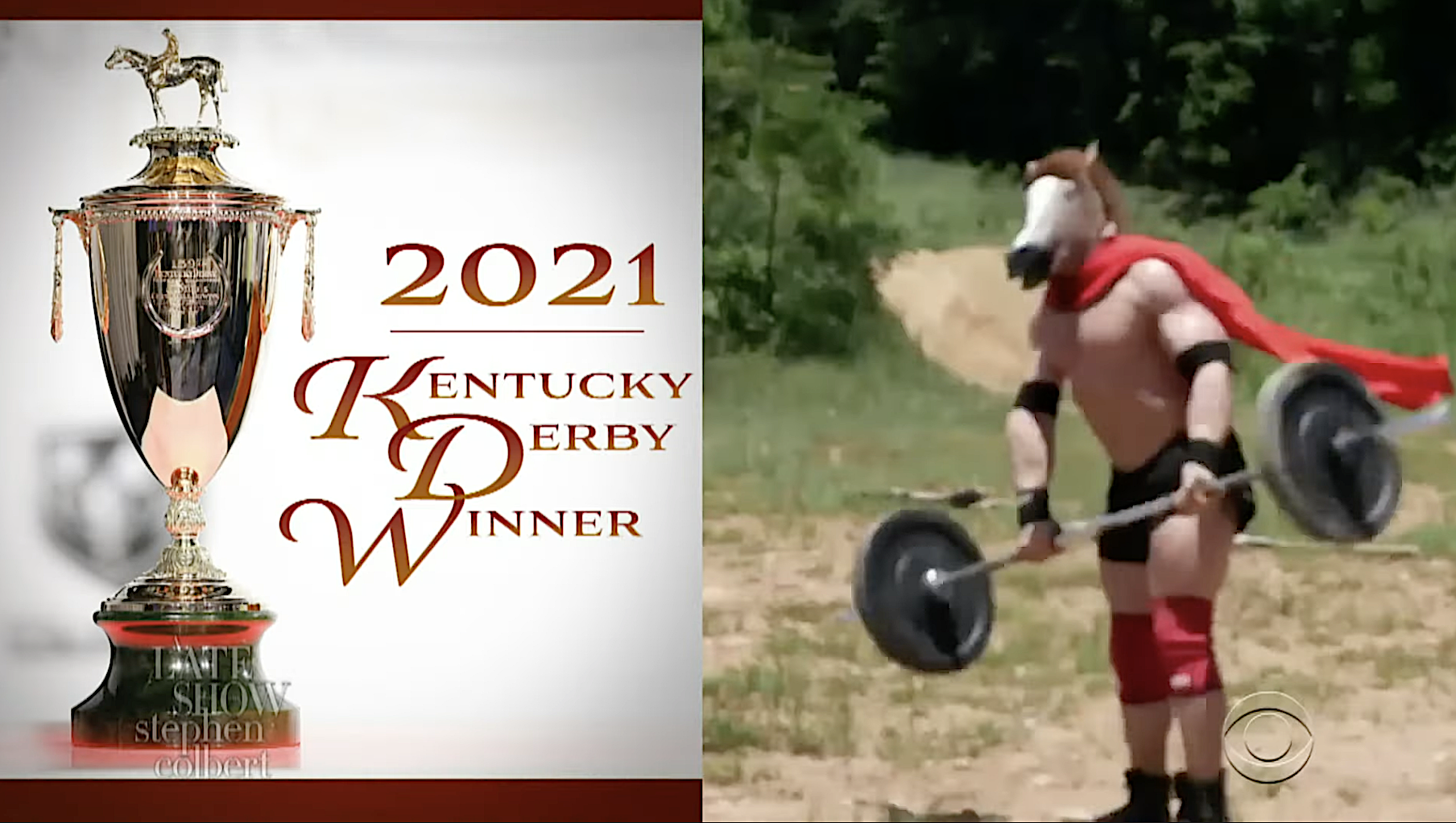 Late night hosts roast Medina Spirit's juicing scandal, 'cancel culture,' and Trump calling a horse a 'junky'
Late night hosts roast Medina Spirit's juicing scandal, 'cancel culture,' and Trump calling a horse a 'junky'Speed Read
-
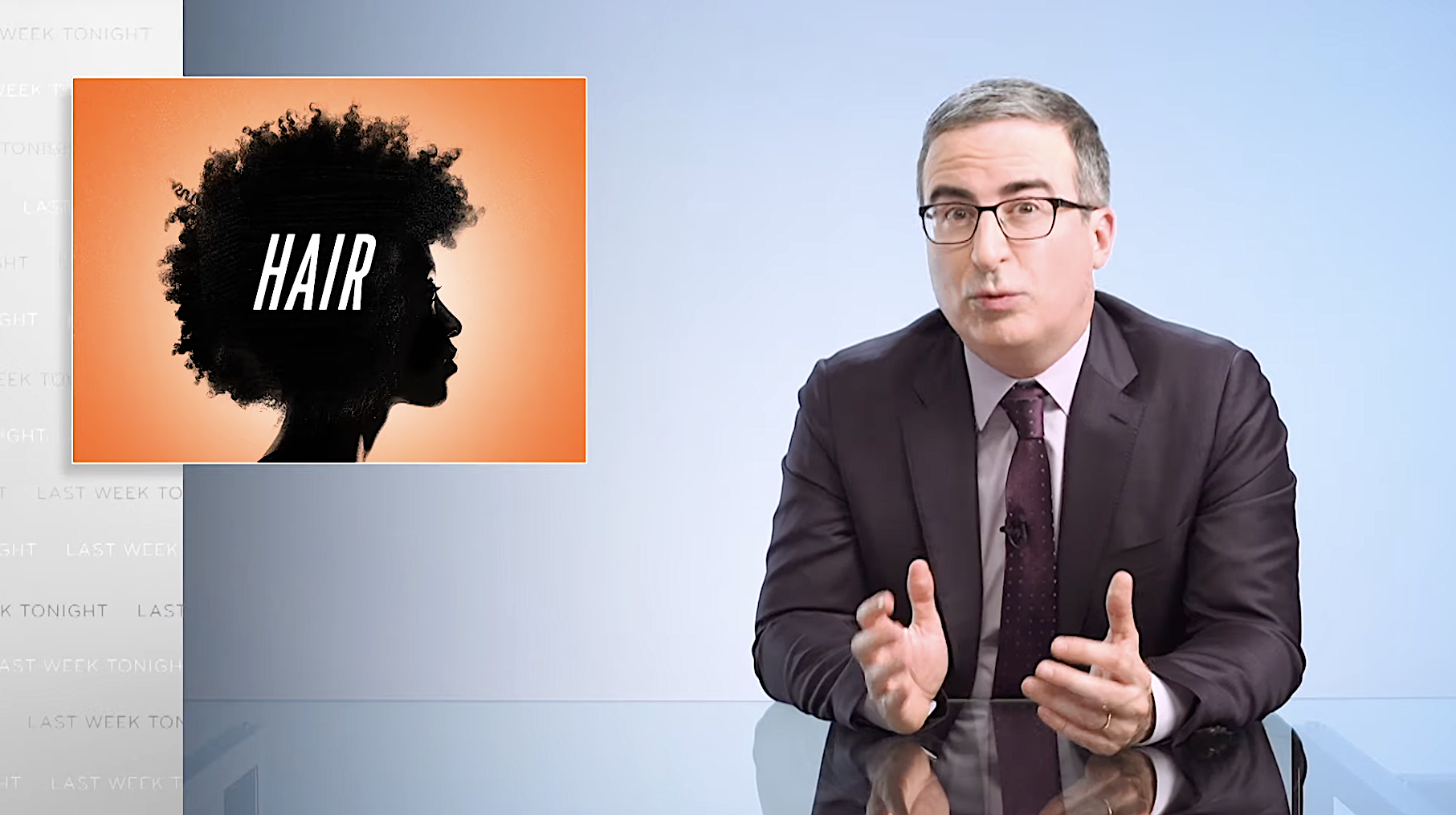 John Oliver tries to explain Black hair to fellow white people
John Oliver tries to explain Black hair to fellow white peopleSpeed Read
-
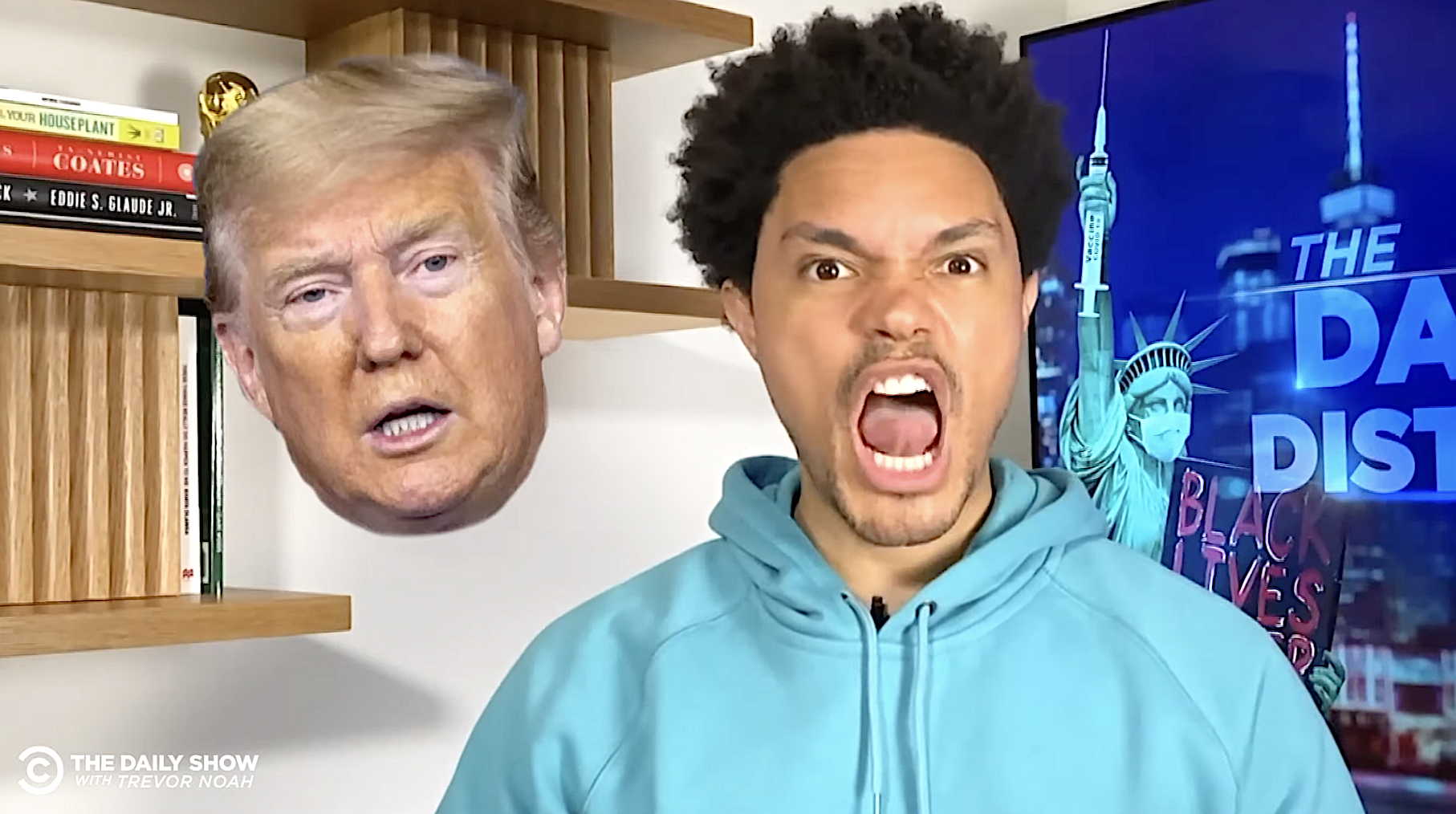 Late night hosts explain the Trump GOP's Liz Cheney purge, mock Caitlyn Jenner's hangar pains
Late night hosts explain the Trump GOP's Liz Cheney purge, mock Caitlyn Jenner's hangar painsSpeed Read
